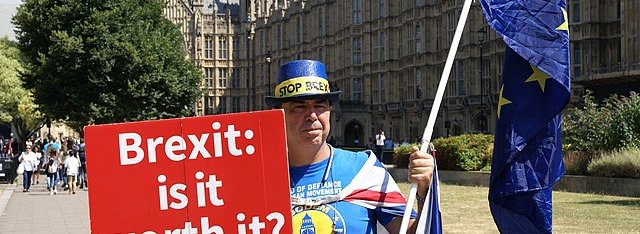| 1 min read
The vote to leave the European Union in 2016 and the political crisis that followed offer obvious subjects for the political historian. Yet, the study of Brexit raises serious challenges for academic writing, concerning method, the political preferences of the historian and the implication of history as a discipline in the European debate. This article explores some of the dilemmas and opportunities confronting the historian of Brexit, focussing, in particular, on the challenges to be addressed, the utility of conventional political methods and the insights that might be drawn from allied fields. It argues for a greater emphasis on the imaginative resources on which the different campaigns could draw, urging greater attention to conventional wisdoms, languages of class, collective memory and the forging of cultural or exceptionalist identities.
Need help using Wiley? Click here for help using Wiley







